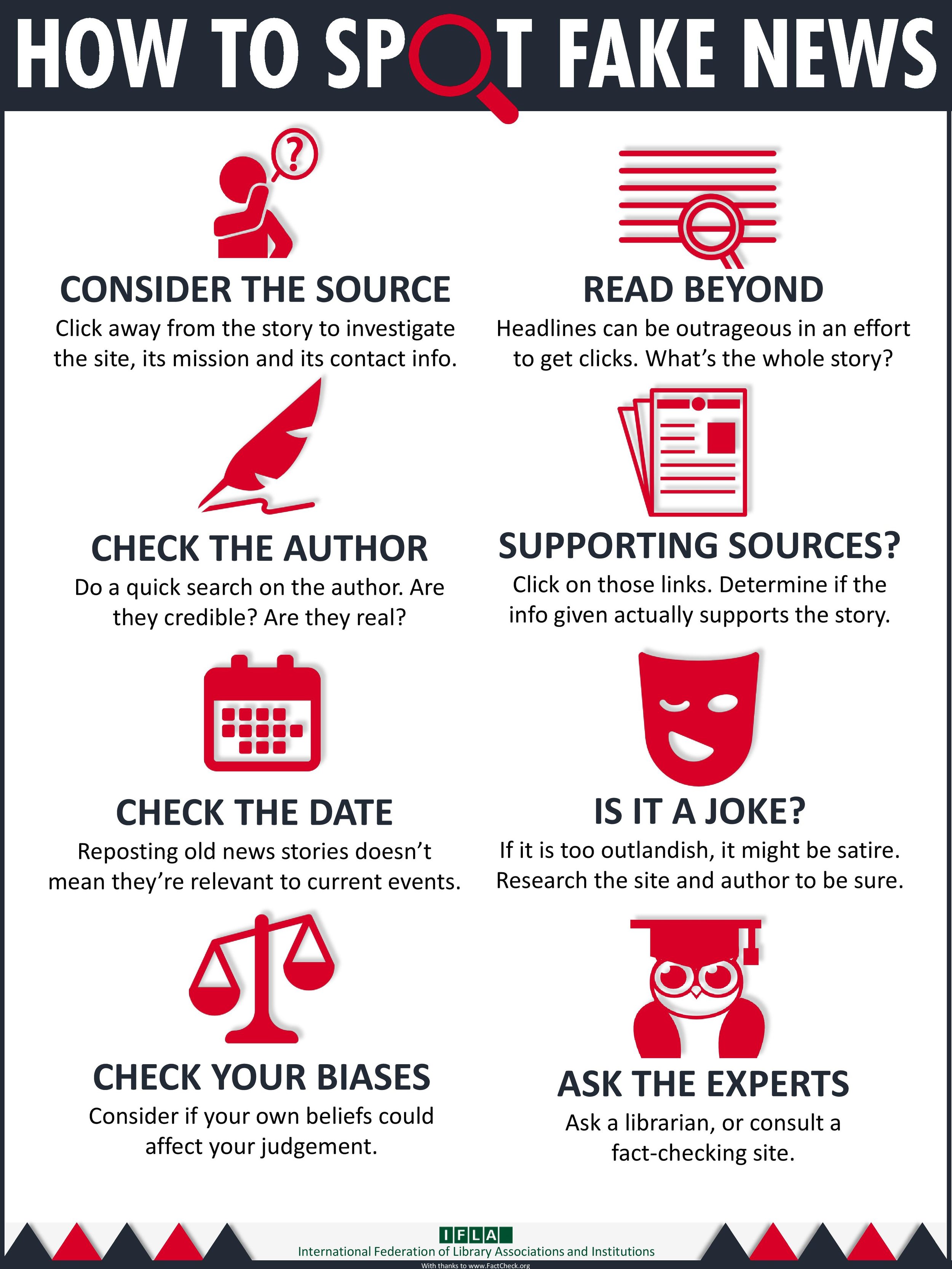Tips for coping with disinformation during the election
Like never before, it’s buyer beware for voters in this federal election. The Australian Electoral Commission’s Evan Ekin-Smyth told The New Daily the AEC “cannot be the arbiter of truth” when there are accusations of false information during the campaign.
“Instead, it is the voter’s role to stop and consider what they see, hear or read,” he said.
Political advertising is not subject to the same regulations as regular advertising, meaning many campaigns are prepared to take risks for short-term gain because the drawn-out process of contesting lies can be counter-productive, drawing more attention to the false claims rather than correcting the record.
The AEC can only attempt to debunk misinformation about the voting process.
Here are some hints on how to handle the barrage of disinformation and make an informed choice.
OUR FAVOURITE ANTI-DISINFORMATION TIPS
Web surfing
Pause
Taking a moment before you post or share gives your mind a chance to catch up with your emotions. Ask yourself whether what you’re sharing is really true, whether you really want to share it, and if so, why. Think about what the potential consequences of sharing it might be.
Ask yourself, “Is what I am sharing true?” It can help you stop the spread of misinformation and will encourage you to look beyond the headline and potentially fact-check before sharing.
Research shows that most misinformation is shared quickly and without much thought. The impulse to share without thinking can even be more powerful than partisan sharing tendencies. Take your time. There is no hurry. You are not a breaking-news organization upon whom thousands depend for immediate information.
The general technique is simple: if a story grabs your attention for any reason, slow down and look closer.
Beware if:
You have a strong emotional reaction
A story seems totally ridiculous — or perfectly confirms your beliefs
You’re going to spend money because of it
You immediately want to amplify the story.
- H. Colleen Sinclair, Associate Professor of Social Psychology, Mississippi State University. The Conversation, and Adi Robertson, The Verge.
Go undercover
Google personalises your results based on your previous search history, current location, and interests. You can use incognito mode to prevent these factors from affecting your search results.
Google Search isn’t the only option, and you don’t have to fall prey to the discretion of its algorithms. Try alternative search engines like Bing, Yahoo, Baidu, DuckDuckGo and Ecosia to get results from outside the filter bubble. DuckDuckGo, for example, never collects or shares your personal information. Google’s business model is built around just that.
- Muneera Bano, Senior Lecturer, Software Engineering, Deakin University, The New Daily.
Evaluate your news using IMVAIN
Independent sources are preferable to self-interested sources
Multiple sources are preferable to a report based on a single source
Sources who Verify or provide verifiable information are preferable to those who merely assert
Authoritative and/or Informed sources are preferable to sources who are uninformed or lack authoritative background
Named sources are better than anonymous ones.
On social media
Go private
Don’t shame people online, especially on Facebook. It aligns them with hostile communities and usually hardens their position. Engage one on one in private.
The social pressure to conform means we have to take the conversation private if we want someone to admit they are wrong.
Example: When my crazy uncle posts a hilarious meme that global warming is a hoax because it’s cold today, I send him a private message to chat weather patterns, rather than comment on his post.
- Van Badham, author QAnon and On: A Short and Shocking History of Internet Conspiracy Cults.
- Ed Coper, author, Facts and Other Lies: Welcome to the Disinformation Age.
Don’t amplify disinformation
Trying to suppress something can bring more attention to it. Sharing, commenting on or condemning disinformation gives it more prominence and a leg-up in the social media algorithm.
Example: The government bans Milo Yiannopoulos from entering Australia, and the media coverage about what ideas were barred from entry spreads much further than the university forum he was going to speak at.
You can unwittingly spread cult propaganda when you intended to mock it or challenging its assertions, because platforms like Facebook often cut off contextualising comments. If you must mock, mock in your own words or memes; don’t ever republish the original to a wider audience.
- Ed Coper, Van Badham.
Tell a better story
Disinformation doesn’t win because it is false, but because it’s usually a better yarn. Facts don’t speak for themselves; they need to be packaged in a more compelling story than the myths they are trying to dislodge.
Example: Winning over voters in coal mining regions by telling a great story about clean energy will improve their lives and their children will thrive, as opposed to giving them a set of facts about emissions.
- Ed Coper

